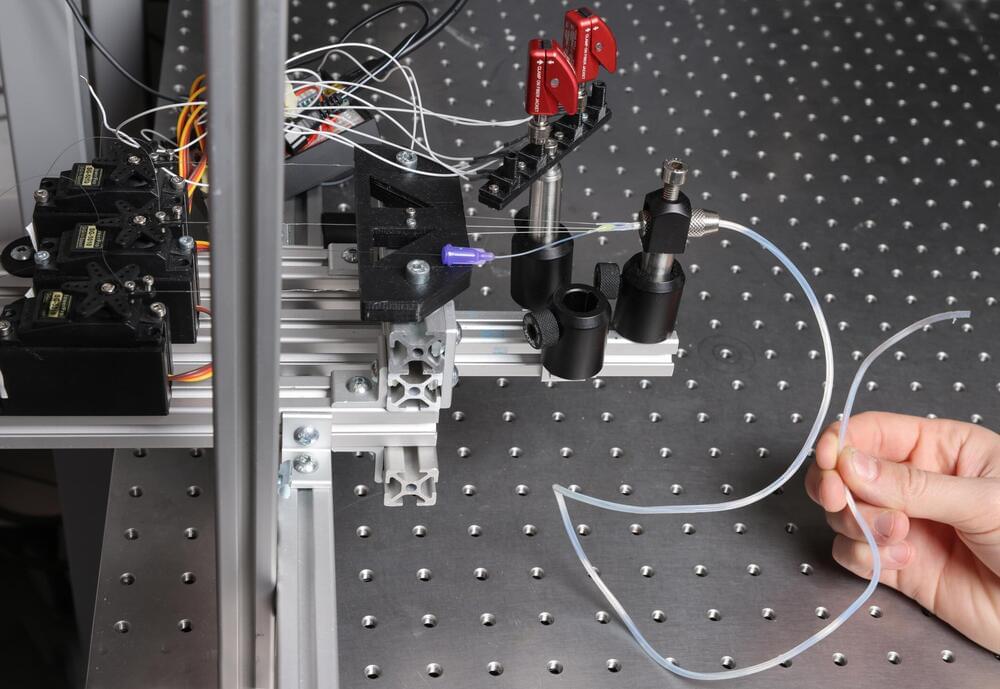As well as admiring beautiful pictures of space, you can also listen to those pictures via sonifications. These take images and translate them into eerie sounds to illustrate the wonderful and strange phenomena of our universe. NASA’s latest sonification illustrates the rings of X-rays that have been observed echoing around a black hole in the V404 Cygni system.
The sonification was made using data from NASA’s Chandra X-ray Observatory and Neil Gehrels Swift Observatory, both of which look in the X-ray wavelength. The data from the optical wavelength come from the Pan-STARRS telescope in Hawaii. Taken together, you can see how the X-ray bursts propagate outward from a central point which is the black hole. The black hole itself remains invisible, as it absorbs all light.
However, even though black holes are themselves invisible, the material around them can glow brightly. As material like dust and gas is attracted to the black hole due to gravity, it joins into a swirling disk around the black hole called an accretion disk. This material rubs together and creates heat due to friction, and can become so hot that it glows.









